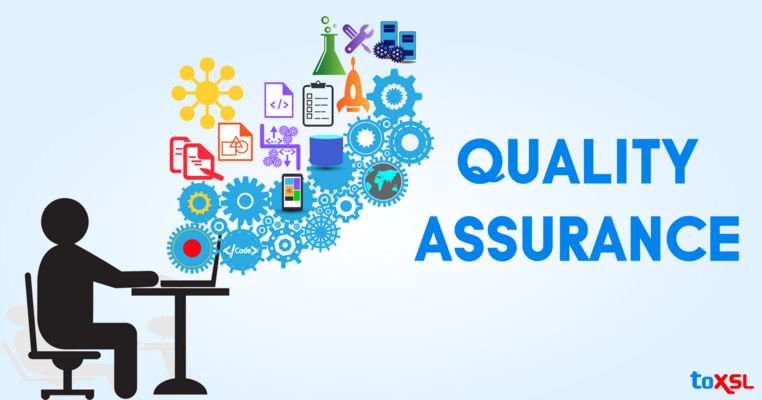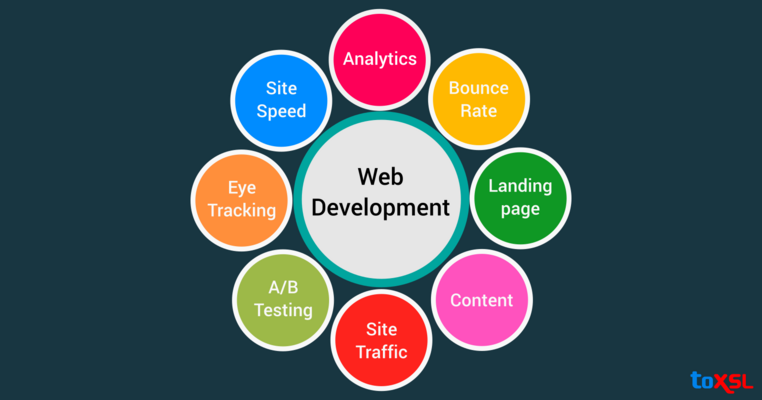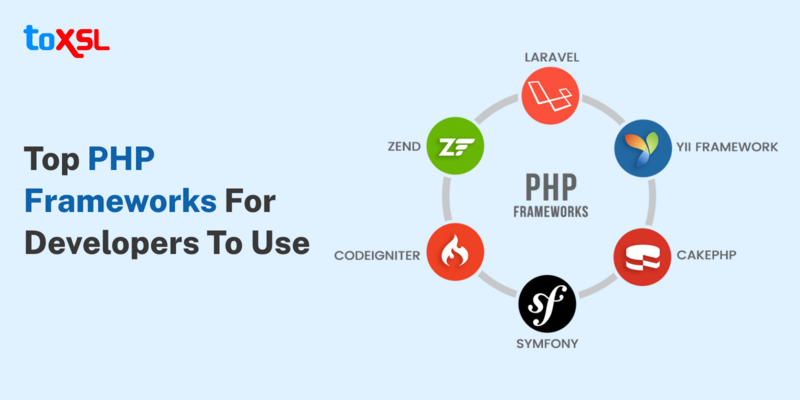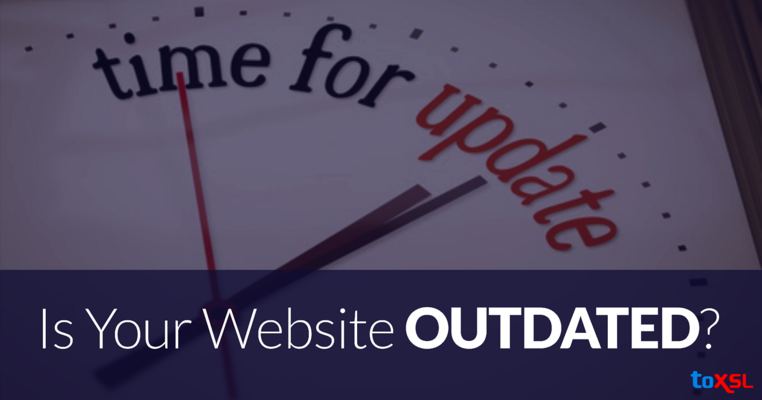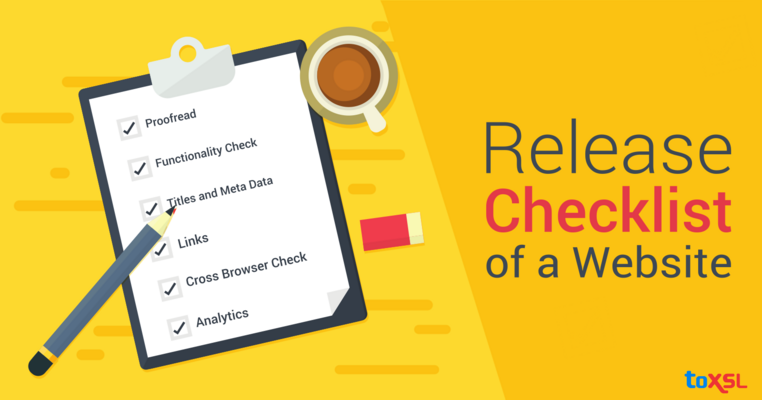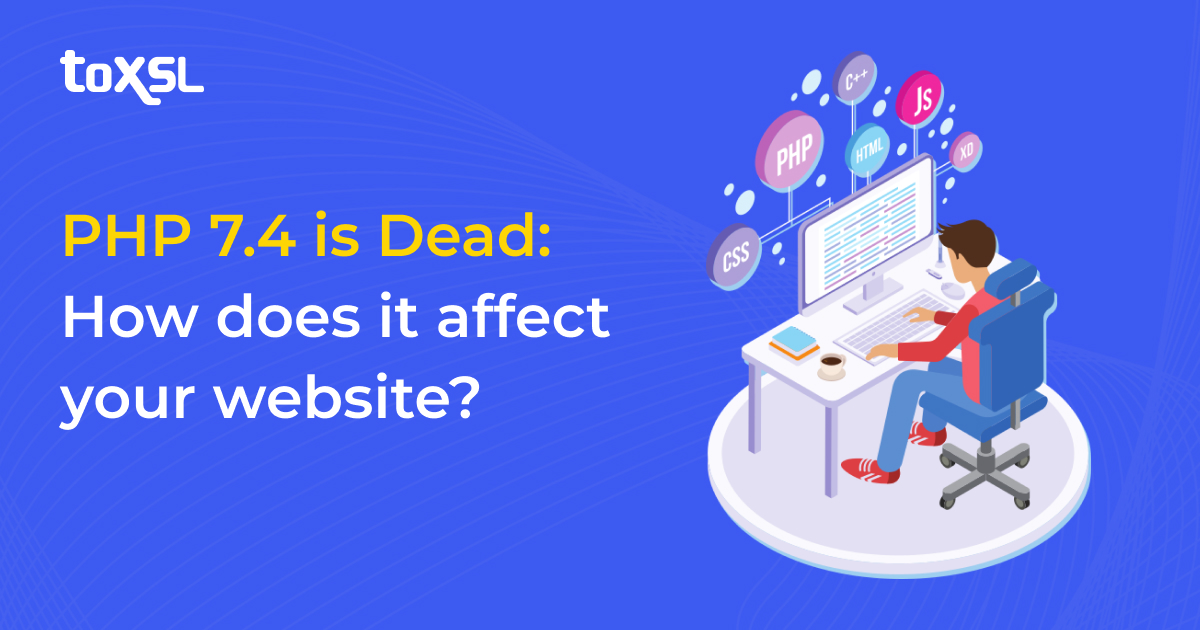
On November 28, 2022, the biggest headline in the technology came out that PHP 7.4 has stopped receiving any security updates. It means that security issues will not be addressed or resolved, which makes your sites more exposed to significant security vulnerabilities.
What does it mean to your website?
According to w3Techs, 77.6% of websites have used PHP as the server-side programming language. And, out of them, 70.1% of websites are built using version 7, followed by versions 5, 8, and 4.
Version 7 was released in 2015 and was 100% faster than PHP 5. In November 2020, PHP version 8 was released, with new upgrades on version 7. Even though it was faster than version 7, many websites suffered in terms of speed, and other issues occurred while migrating to version 8. But only 1% of websites had migrated themselves to version 8.
Fast-forward to November 2022, PHP 7 (7. x) is officially retiring. However, your application built in PHP version 7 (7. x) will continue to run. But will be out of support and not receive any updates. It is worth noting that Microsoft has stopped developing windows using PHP programming language and has stopped providing any support for PHP 7.
This news has created chaos in the business world and surrounded developers with many questions.
Is it going to affect your business?
Does that mean that your websites are dead too?
What is the alternative?
PHP 7 end-of-life means that users need to upgrade their websites to PHP 8, and it is time for businesses to migrate to PHP version 8 or (8.x).
Things to consider before moving to the new version
Switching and migrating from version 7 to version 8 can be hectic for the developers. It can cause compatibility issues for websites with the other versions. But it is worth migrating from version 7 to version 8.
The new version brings several features and some incompatibilities. Before opting for a new version:
- Test version in the production environment
- Check PHP supportability: Get your developers to update code (or test codes), and check plugins and app versions.
- If you are using third-party PHP extensions, update them before any upgrade.
Why PHP 8?
PHP 8 has, now, three versions that are capable of fixing critical bugs. There are a lot of important:
- Libraries and packages added to PHP 8 support.
- Support changing the version in the composer.
- New features and optimizations
- Enhanced security and performance
It also means that the probability of broken backward compatibility issues can increase.
PHP branch update
Branch updates are those which take place within the versions. Updating branches does not bring any crucial change to the compatibility issues and causes fewer issues. The version 8 branch updates after its initial release are – 8.1 and 8.2.
PHP and Web Hosting
The web host pushes websites to the server, running on the latest version, without worrying about compatibility issues. With reliable WordPress hosting, this process happens automatically to maintain a secure service while optimizing performance and ensuring your WordPress site runs smoothly at all times.
But if the website has a code that is not compatible with the latest version of PHP, it will create compatibility issues. Such issues do not occur within branch versions, but create crucial compatibility issues with the version upgrade.
What does this mean for a Website?
The version’s incompatibility between the website hosts, website code, and plugins can cause several functionality issues. And the website will not work the way we want. For example, instead of the website white screen may appear, the website may get a lot of error messages, and many more issues can come.
PHP Version Updates
PHP Version 8.0 came out in November 2020. In addition to syntax and performance enhancements, there were a lot of crucial features introduced with the latest version:
- Named parameters
- Match Syntax
- Union Types
- Constructor Property Promotion
- Just In Time Compilation (JIT)
- Attributes
- NullSafe Operator
A year later, the new version 8.1 got released with the updates like:
- Intersection types
- Enumerators
- Fibers
- Never return type
On December 8, 2022, the new version of PHP 8.2 got released with new updates. PHP 8.2 enables developers to break backward compatibility. With new updates, developers need not rewrite most of the code while upgrading.
The new version has brought in a lot of improvements. PHP developers can now change the behavior of the not documented or mentioned functions.
In PHP 8, built-in functions have received strict argument typing and a lot of other features.
Latest PHP 8.2 Features Added
The latest features added to PHP8.2 are as follows:
- Improved Readonly Classes
- Standalone Types – Null and False
- Redact Sensitive Parameter Value Support
- Constants in Traits: Disjunctive Normal Form (DNF)
- AllowDynamicProperties Attribute
- New /n Modifier
Let us discuss each of them in detail now.
Improved Readonly Classes:
The new readonly class property has improved. Now with the latest version, you can change the whole class to readonly, and it will change all of its properties to readonly.
But this will not work for dynamic properties. Doing so can result in an error and ensures that it will not be possible to declare a few PHP features like:
- Enums
- Traits
- Interfaces
Standalone Types – Null and False:
With the previous versions, it was not allowed to use Null and False as standalone types. But now, in PHP version 8.2, you can use Null and False standalone types. With the new version of PHP, the system has become more descriptive as you can accurately declare return, parameter, and property types.
Redact Sensitive Parameter Value Support:
An attribute called Sensitive Parameter is a new addition to version 8.2. It helps prevent sensitive information from appearing if an application runs into trouble.
Constants in Traits:
Now, you can declare constants in traits. The traits were allowed to reuse code by defining methods and properties in the previous versions. But now, you can declare constants.
Disjunctive Normal Form (DNF):
Now you will be able to use a new DNF-type feature that is a way of organizing expressions. It consists of a disjunction of conjunctions and a boolean OR operator.
AllowDynamicProperties Attribute:
PHP 8.2 has deprecated dynamic variables in classes, which results in an ErrorException in future versions.
So to remove this error and to allow dynamic properties, the AllowDynamicProperties attribute is added.
New /n Modifier:
PHP 8.2 has added support for the /n (no capture) modifier to the preg_* function family. By doing so, the modifier simplifies complex regular expressions for multiple groups instead of marketing every group as non-capturing.
New functions added:
PHP added a few new functions to its 8.2 version. They are:
- curl_upkeep Function: This function keeps the curl connection live. Currently, only HTTP/2 connects support it.
- ini_parse_quantity Function: To parse any data size recognized by PHP INI values such as 56K, 256M, or 1G, and returns the data size in bytes.
- New memory_reset_peak_usage Function: To help invoke an action several times and record the peak memory usage of each iteration.
Deprecated Features in PHP 8.2
With the addition of new features, few features are deprecated. They are:
- #utf8_encode() and utf8_decode() Functions.
- Mbstring: Base64, Uuencode, Qprint, HTML Entity Encodings, HTML, Quoted-Printable, qprint.
- Partially -Supported Callables
- ${var} String Interpolation
The other changes in PHP 8.2 are:
Random Extention Improvement: PHP 8.2 has moved random number generation to a new random extension. The extension includes PHP by default and has no option to disable it.
All functions and constants added to the random extension are:
- random_bytes function
- random_int function
- rand function
- srand function
- lcg_value function
- getrandmax function
- mt_rand function
- mt_srand function
- mt_getrandmax function
- MT_RAND_PHP constant
- MT_RAND_MT19937 constant
MySQLi No Longer Supports libmysql: Previous versions of PHP support two libraries to connect MySQL databases. They were mysqlnd and libmysql. But libmysql is removed from PHP 8.2 to simplify PHP code testing.
Sort Order Changes:
While sorting, Ksort will now place numeric keys before alphabetic keys.
Previous version:
["a" => '', "b" => '', "1" => '', "2" => ''];
Latest Version:
["1" => '', "2" => '', "a" => '', "b" => ''];
Str_split returns Empty Arrays for Empty Strings:
In the previous versions, the str_split function returns an empty string when given an empty string. But, the PHP version 8.2 str_split function will return an empty array if it gets an empty string.
To Summarize:
The transition from PHP 7 to PHP 8 can be a complicated process. So it is crucial to stay careful and do proper testing.
PHP 8.2 has come with several new improvements. It has added new functionalities to it as compared to previous versions. It has also deprecated outdated syntax and has fixed bugs to streamline the development workflow.
Now you know what is new in PHP 8 and the benefits of upgrading your websites with the latest version. So, if you are looking for services that can help you update your PHP websites or need further assistance regarding PHP versions. You can check our Portfolio and let us know if you require assistance.





